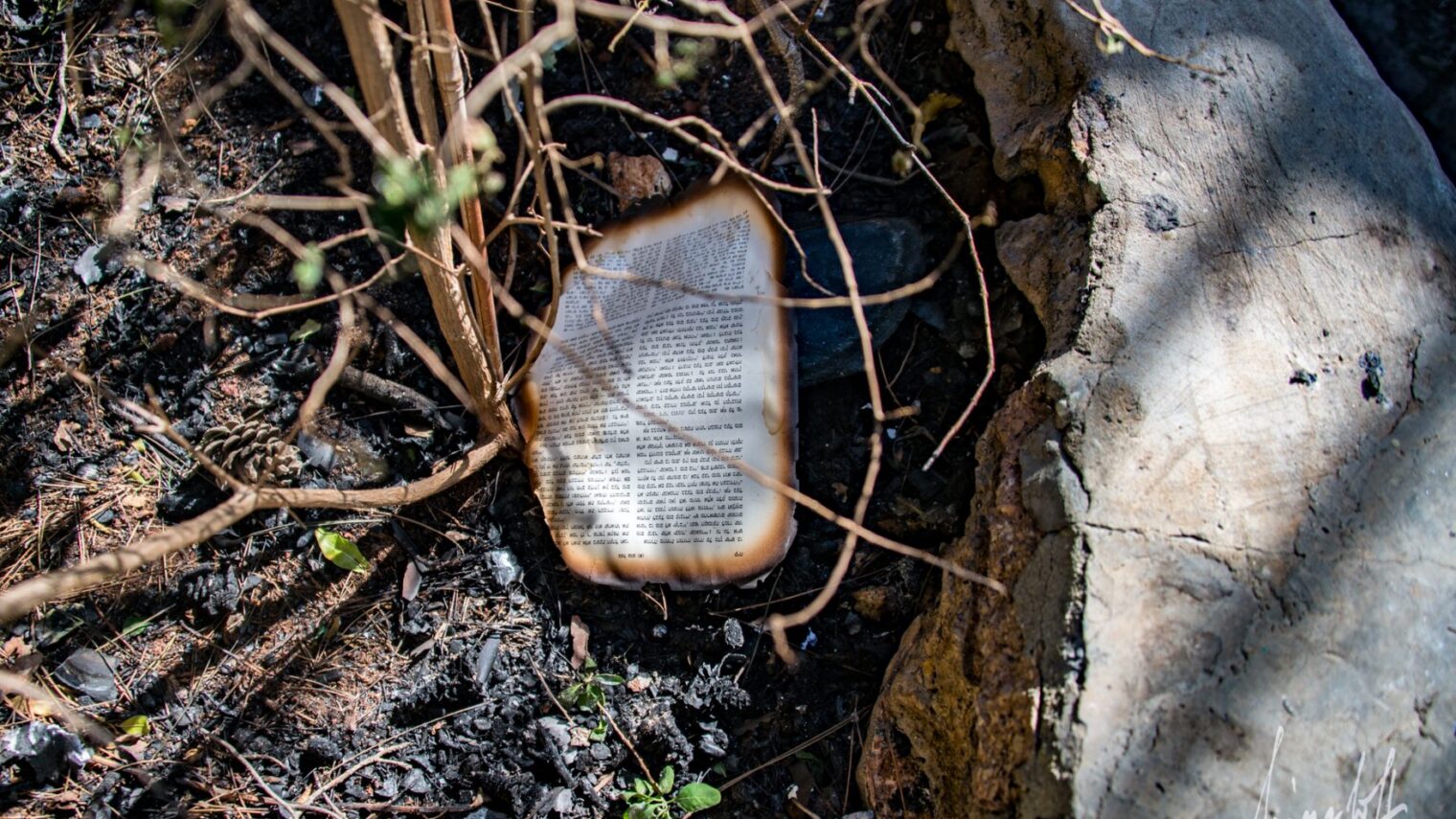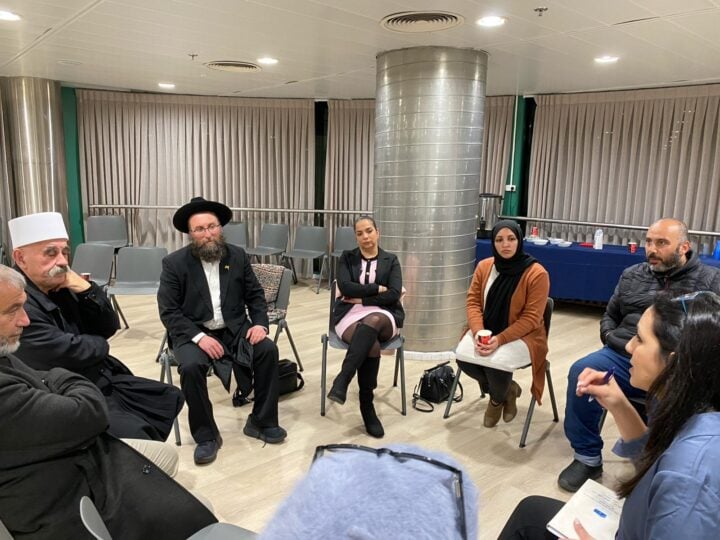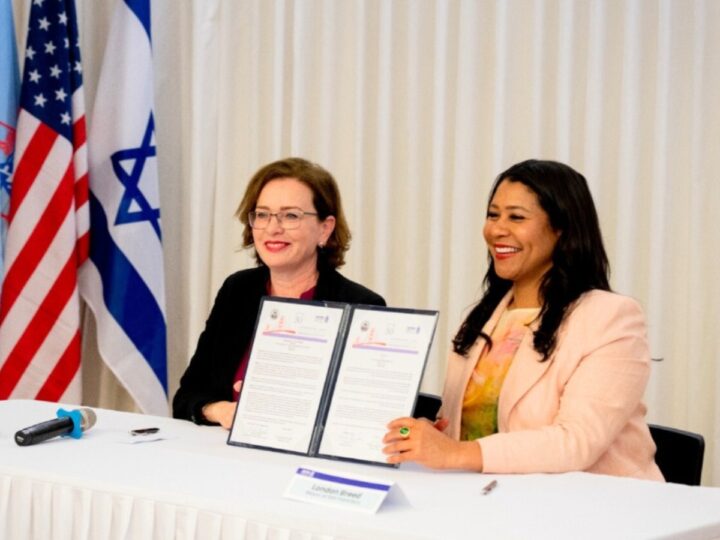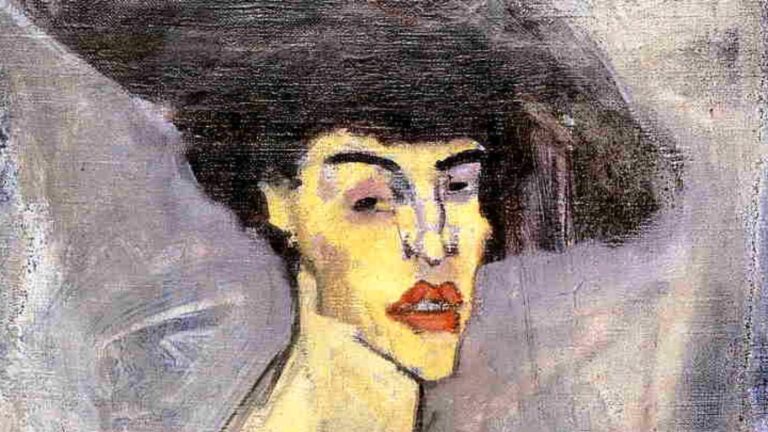The Masorti Foundation for Conservative Judaism in Israel put out an international call for donations to help the Moriah synagogue rebuild from the ashes after the recent week-long wildfires that raged across Israel.
But it was two small, local initiatives that put the damaged synagogue into the headlines.
On November 30, a group of worshippers from all faiths attended a special prayer service for the new Hebrew month of Kislev and to show support for the rebuilding of the community.
A local member posted Facebook photos of the service. One of the photos showed 20 saplings donated by a man from Baqa al-Gharbiyye, an Arab city in the Haifa district, as a gift to replace the trees in the courtyard that had been burned in the fires.
And he wasn’t the only one bearing gifts.
Two Muslim tradesmen from Umm al-Fahm, another Arab town in the Haifa district, also came to the service and were greeted with great applause for their contribution of wood panels to the synagogue.
The Moriah synagogue – the oldest Conservative synagogue in Israel — suffered extensive damage in the fires. The whole second floor and roof of the building were destroyed, including their beit midrash, all of their books, their education wing and their youth club.
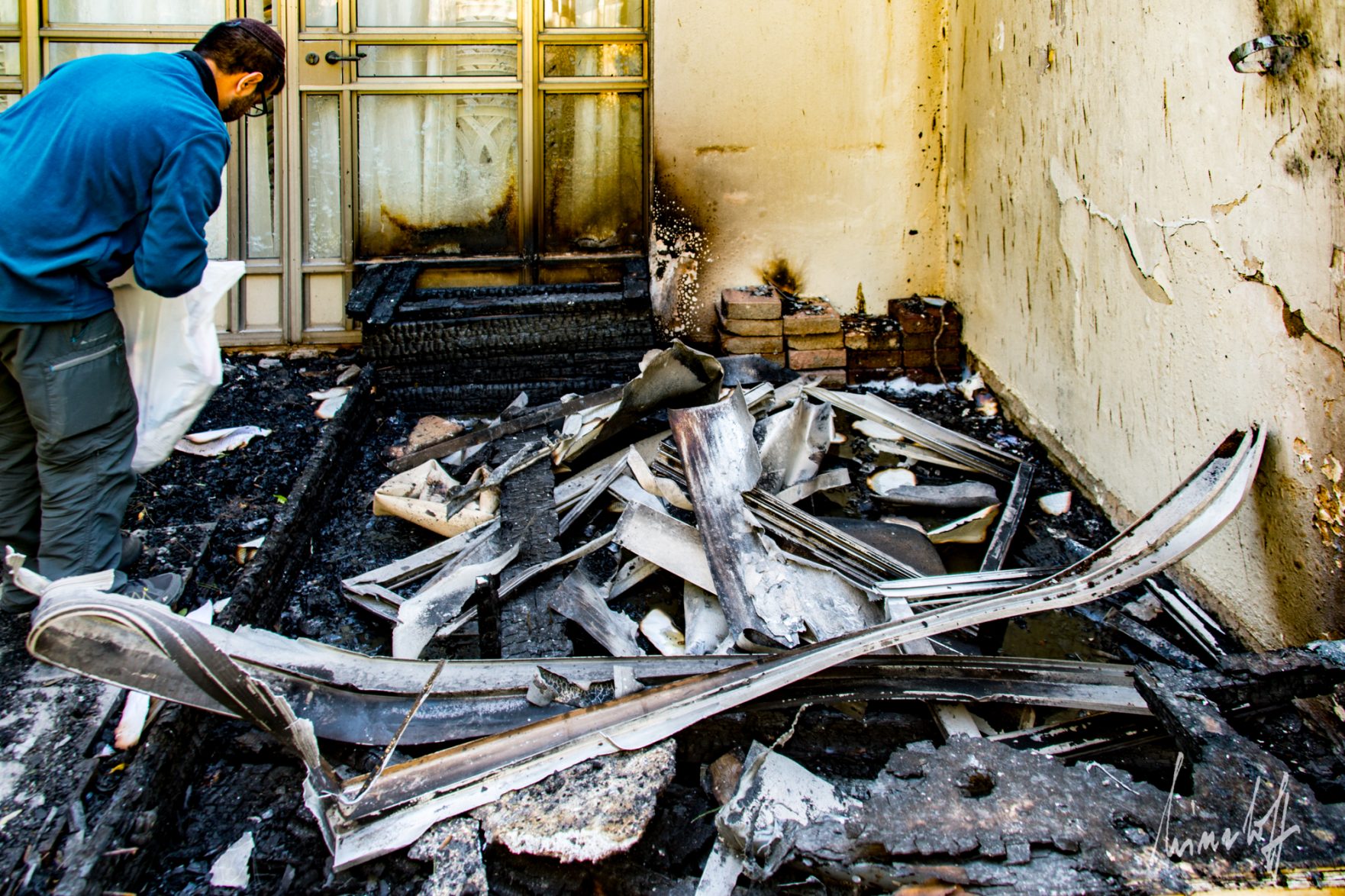
At first, the Moriah community turned to a Jewish carpenter for help. He agreed to work pro-bono but asked that the synagogue pay for the wood. He went to get a price quote from wood suppliers Walid abu-Ahmed and Ziad Yunis. When they heard that the previous tables were destroyed in the fires that devastated 13 neighborhoods in Haifa, they chose to donate enough wood for 10 tables.
“I had tears in my eyes when I heard what was happening,” Rabbi Dov Hiyon, who heads the Moriah community, told Ynet news. “It was so emotional to hear that Muslims were asking to donate to a Jewish synagogue. I’ve invited them to evening prayers to personally thank them.”
“I decided to help and not receive any payment,” abu-Ahmed told the Hebrew daily news site. “Jews and Arabs live together in Haifa, and there is no discrimination. We must continue with this coexistence and promote peace.”




